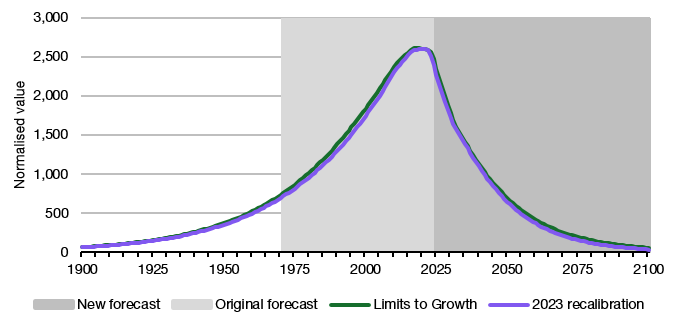In April, Lavers and her team broke a disturbing record: 778 pieces of plastic were found inside a single 80-day-old chick. “I’m sad to say just yesterday we blew [the record] out of the water,” she said. “In one of the most pristine corners of our planet.”
That plastic load made up nearly a fifth of the chick’s body weight.
Earth is cooked.
EDIT: Fuck, the video is hard to watch. But you should. Everybody should. The sound is awful. Sorry for the Instagram link, but as best as I can tell, it's the original source: https://www.instagram.com/reel/DJ3fhlVTy1O/

